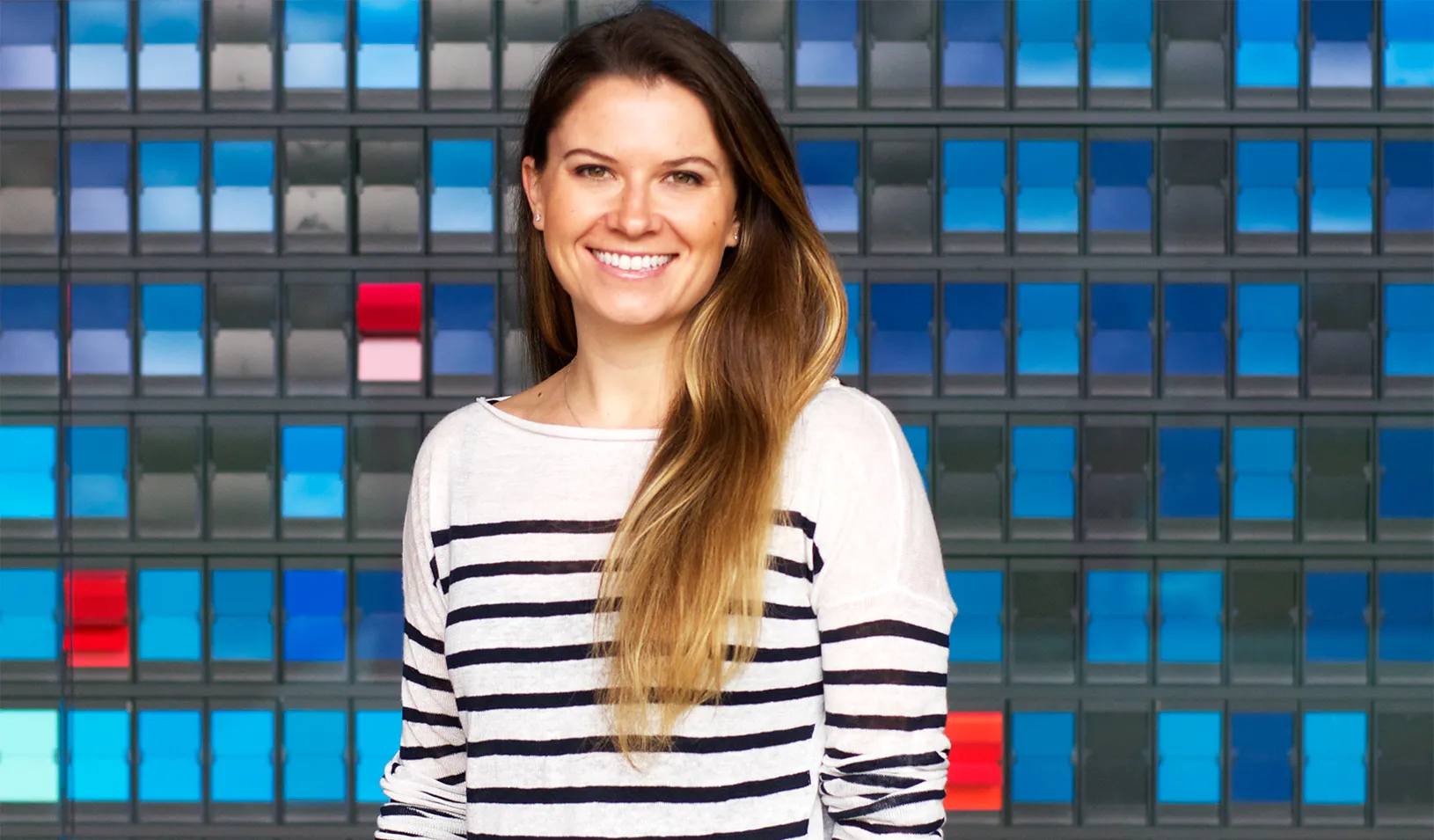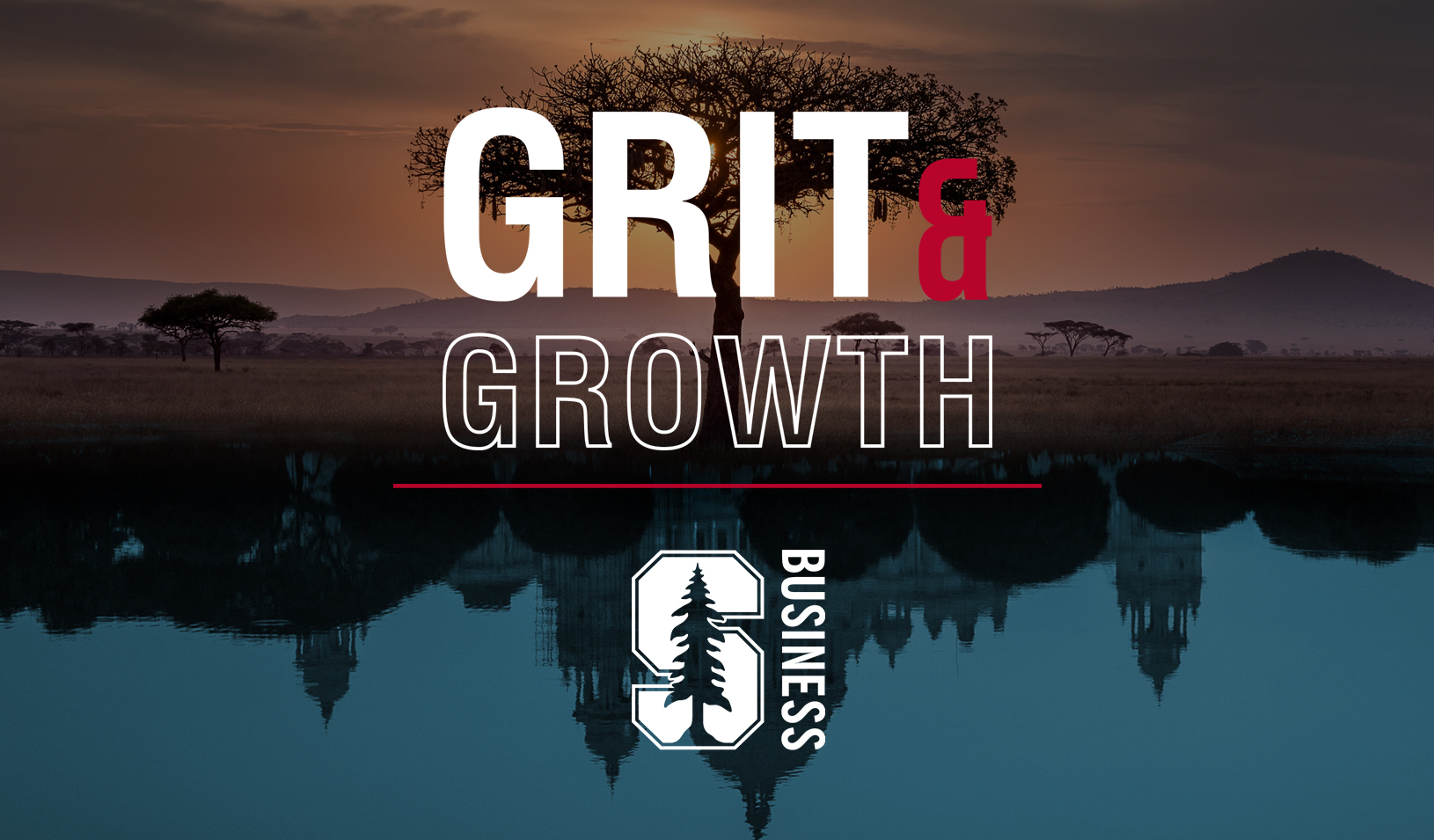April 16, 2015
| by Erika Brown EkielEdith Elliott is CEO and cofounder of Noora Health, a nonprofit that trains and educates patient families to recognize and respond to health emergencies, care for patients both in and out of the hospital, and treat and prevent disease. Noora primarily serves people who live below the poverty line in India and aims to improve clinical outcomes and reduce overall costs of care. In 2014 the organization trained more than 15,000 family members in India who saved an estimated 200 lives. Elliott was a Design Fellow at Stanford Graduate School of Business; she received her master’s degree in international policy studies with a focus in global health from Stanford University.
In 10 words or fewer, what is the big idea behind your business?
Patient families are critical to high-quality healthcare delivery.
What is the best advice you’ve ever received?
The things that are the riskiest or that others think are insane are typically the things that are most worth doing. My parents instilled in me the idea that you should not live your life in repetitive motion but find an occupation that fulfills you both inside and out. That has been a driving force in my life and has encouraged me to bypass societal rules and expectations to craft the life I want.
What was the most difficult lesson you have learned on the job?
Last year we were urged to move very quickly and we tried to do too much. It was at the expense of our primary customers — disenfranchised patients and their families in India. We define ROI as “return on impact.” As a nonprofit you have to be so careful with resources, both monetary and human capital. We tried to jump into too many new fields, including the domestic market in the U.S., and we lost our focus on improving the things that mattered most to our core users.
All of this became clear to me after a week of intense reflection during a retreat. It gave me the time to step back and reflect on our strategy. I saw that we were working on projects that were eating up a lot of time and financial resources. The impact per dollar would have been much higher if we focused more exclusively on our work in India. We have since addressed that, and 95% of our time, resources, and energy are focused on our work in hospitals in India.
What advice would you give other entrepreneurs on how to build a great business?
Technology is at the forefront of a lot of social innovation today. If you are not an engineer or don’t know how to speak that language, brush up on it quickly!
If there was one thing that has enabled you to be successful as an entrepreneur, what would it be?
As the leader or co-leader of an organization, being able to clearly articulate your mission and vision is critical. Whether it’s getting people on board or fundraising, you need to be able to translate what is happening in the field to a larger audience.
What inspires you?
I’m inspired by the families I visit in India. Seeing how a simple intervention can make a tremendous impact on the lives of so many people drives me. The hospitalization of a premature baby or a grandfather’s open heart surgery has a tremendous impact on a family. If you teach one family member about hygiene and infection control, we have found that it leads to better health outcomes and completely changes the dynamic of a household or community. As demand on the healthcare system in India continues to grow disproportionally to the resources available, the family unit is going to be called upon even more. Our hope is not only to provide support for family caregivers but also to understand and illustrate for others in the health space the power of this compassionate untapped resource. That is what drives us.
What is your greatest achievement?
When I was 13 a very close friend of mine passed away from complications of HIV. It was a traumatic experience and really shook me up. I felt helpless. At the time, the only sex education that was allowed in the public school system was “abstinence only.” I got together with some people from our community and started a peer-education and awareness program for youth in my town. We taught kids about condoms and safe sex. It has since spread to the county and the state. The feeling of helplessness ignited a fire within me.
What do you consider your biggest failure?
On my first trip to India I met a woman whose child was very sick in the hospital. He was dying in front of her eyes. She didn’t speak the same language of the people in the hospital and came from a very poor rural community. It was understandably difficult for her to communicate with her doctors, and what she was hearing was very different from the reality of the situation. I tried to be a bridge between them but I also didn’t speak her native dialect and was working through a translator. The hospital discharged them so they could have some time together as a family in her child’s final days. I have always regretted not being able to do more for them. She also gave me her contact info and asked me to stay in touch. I tried but my phone calls never went through and my emails bounced back. She let me take a picture of her family. I think I have the only copy of the only photo that was ever taken of her baby. I have it and she doesn’t.
What values are important to you in business?
Honesty. We put a lot of effort into collecting impact data, understanding our users, and being honest with ourselves about what is working, but more importantly, what is not working.
What impact would you like to have on the world?
Healthcare is an essential human right. Being born into a situation where your access to high-quality healthcare is lower should not inhibit you from successfully recovering from or managing your condition. We are on a mission to change the standard of care around the world and to engage family caregivers as a core component of high-quality, compassionate healthcare delivery.
What was your first paying job?
When I was 11, I taught toddlers and kindergartners an intro to ballet class two days a week. It was a productive form of babysitting. I loved it.
What is the best business book you have read?
Man’s Search for Meaning, by Viktor Frankl.
What businessperson do you most admire?
Atul Gawande, author of The Checklist Manifesto, revolutionized the way medicine is practiced. He streamlined the healthcare industry and made the system safer with a simple solution.
Also my parents. My dad taught meditation and spirituality until, at 31, he took an unpaid internship and became a commodities broker. A few years later, he and my mother started and together ran a successful firm. At the height of their success, when most people would have kept going, they both decided to retire to focus exclusively on family. I was six and my brother was one. They were there with us for every day of our lives. They taught us the value of placing family and your passions above all else.
What is the greatest tech innovation in the past 10 years?
The expansion of mobile technology to what are some of the world’s most remote corners has revolutionized more sectors that we can count. It has given a voice and means of connecting to those who were otherwise cut off from the rest of the world.
For media inquiries, visit the Newsroom.





